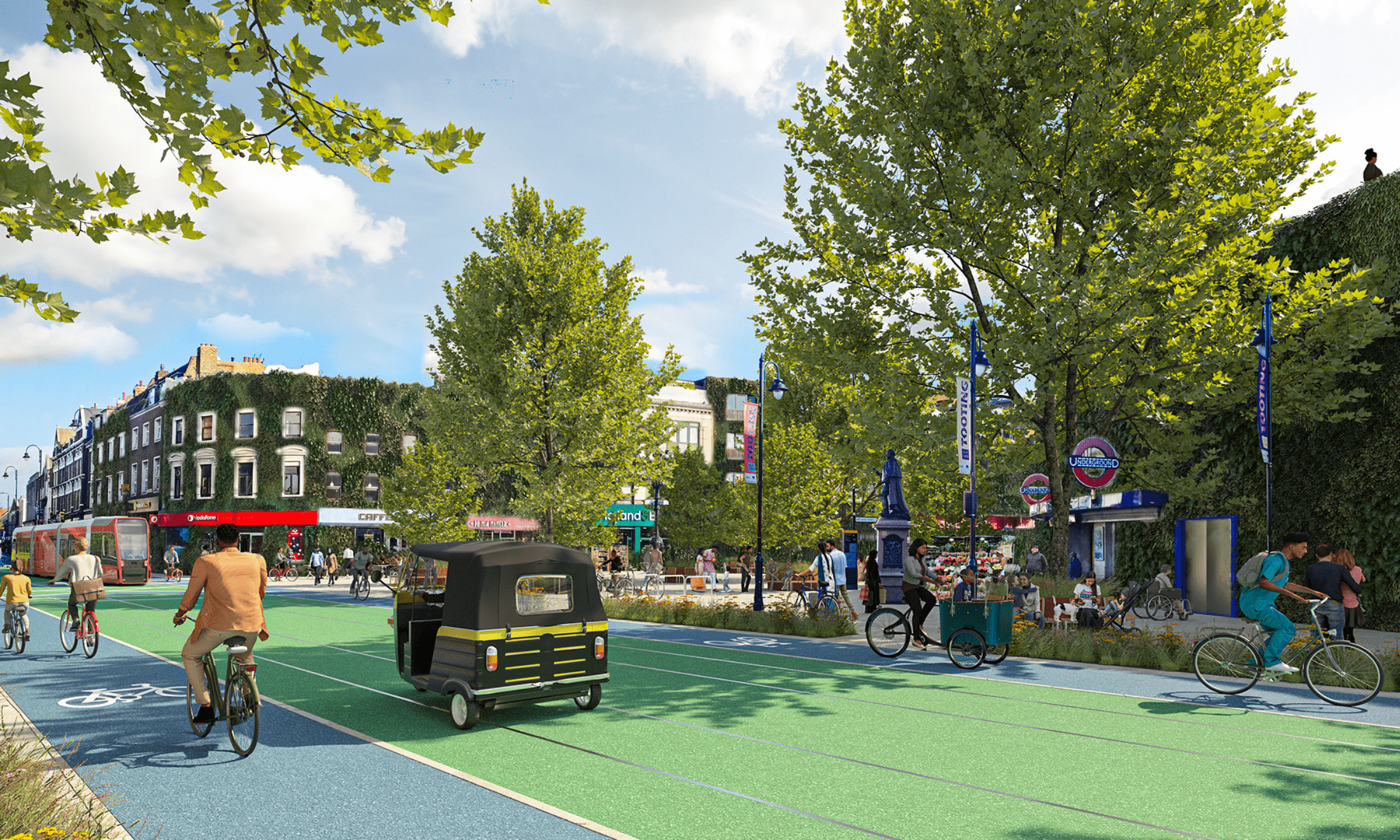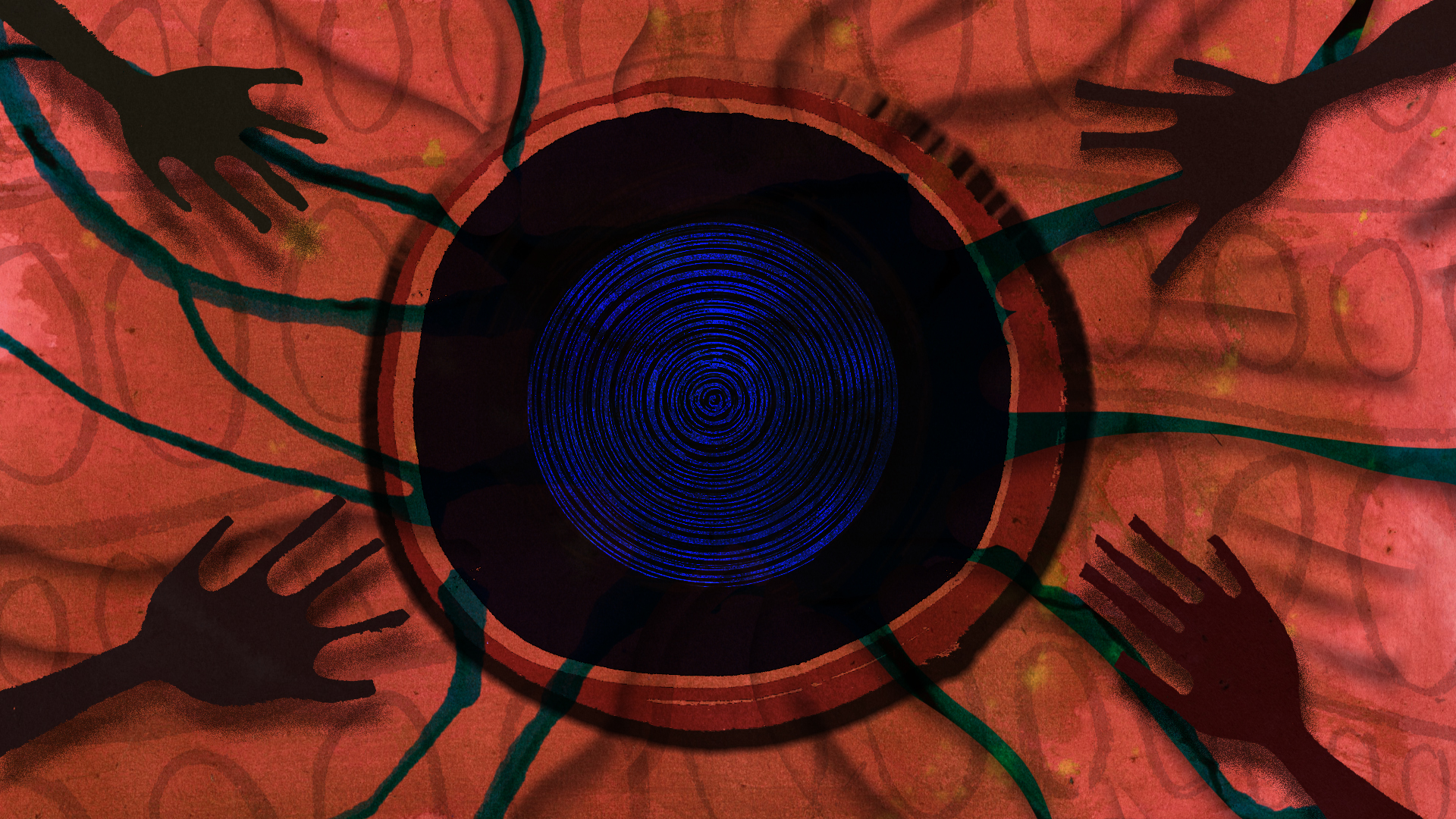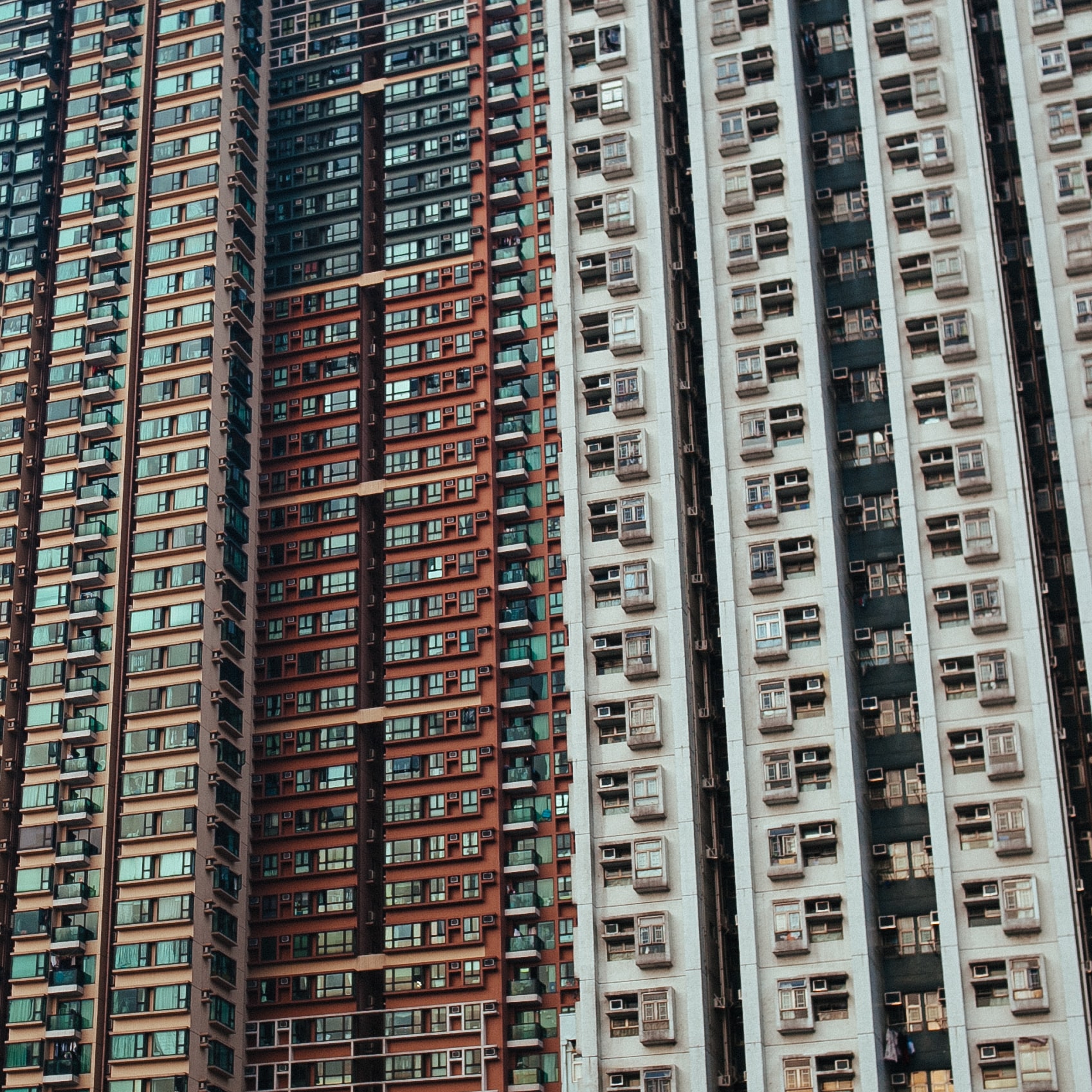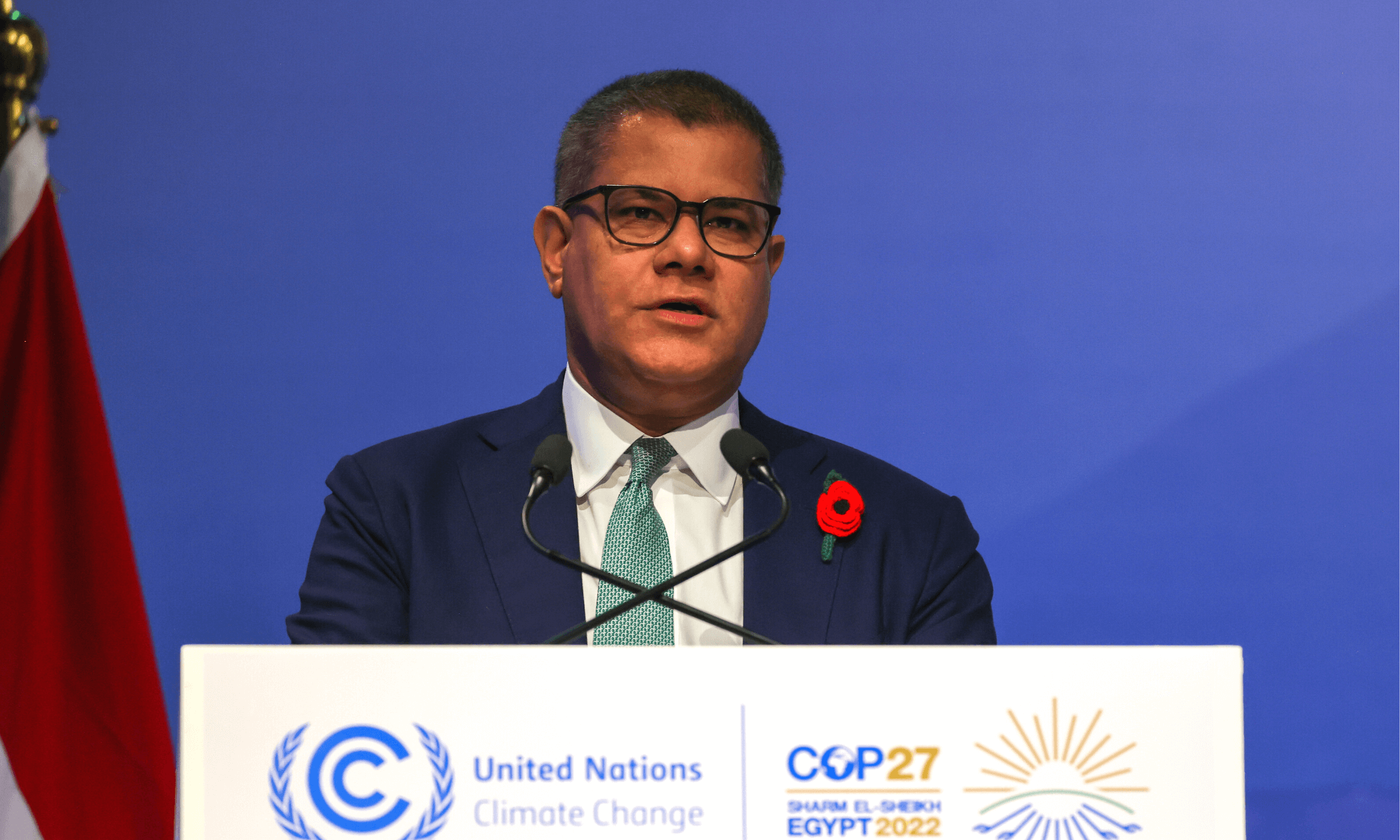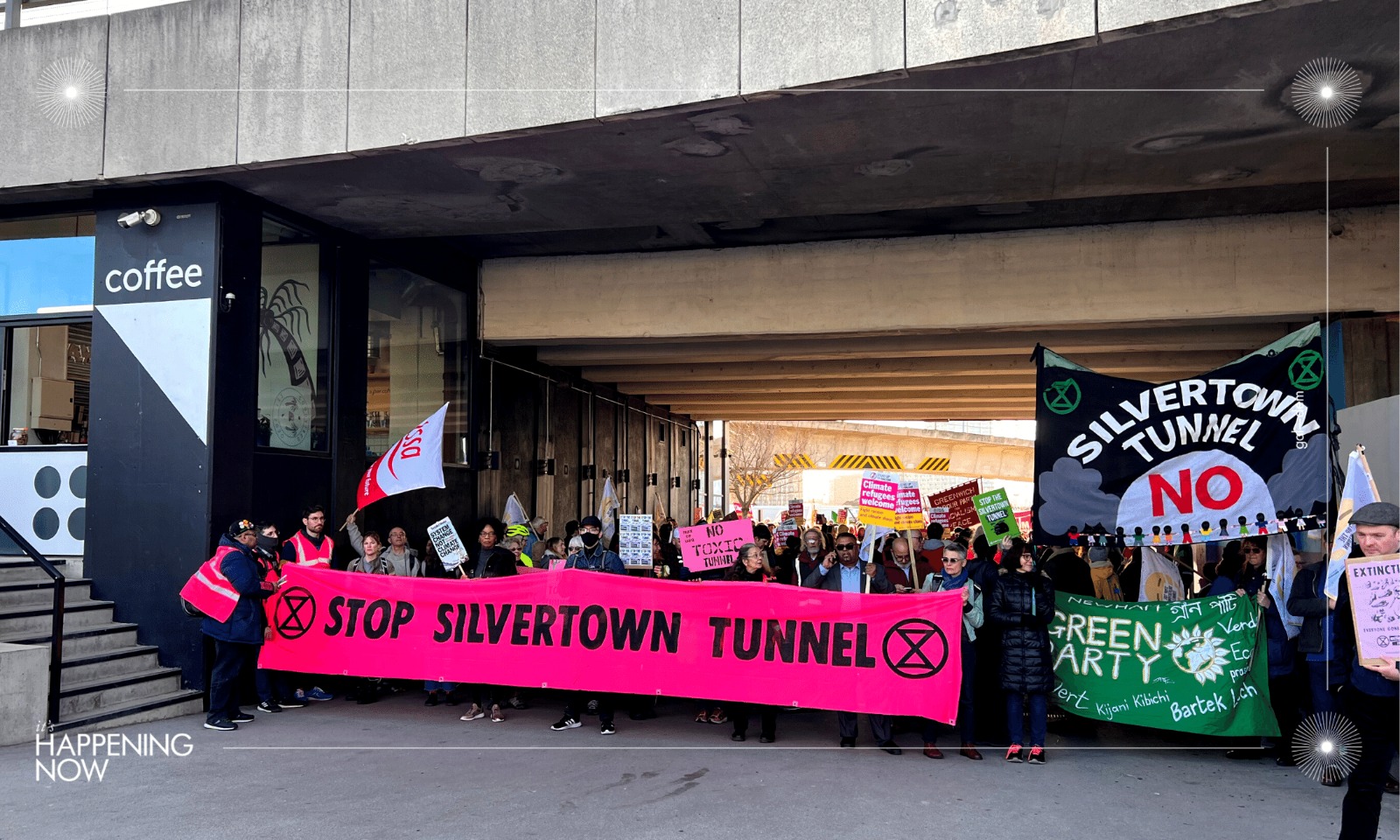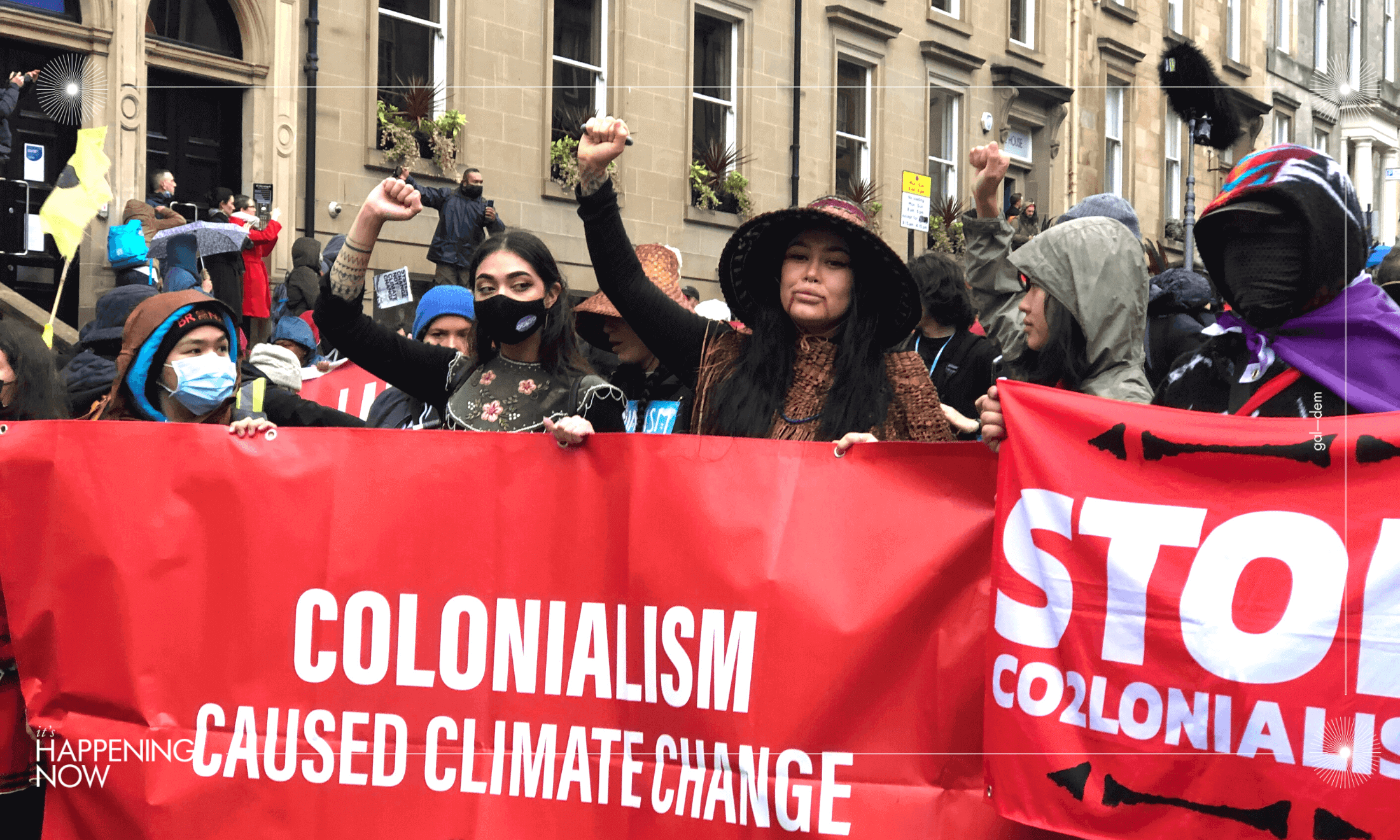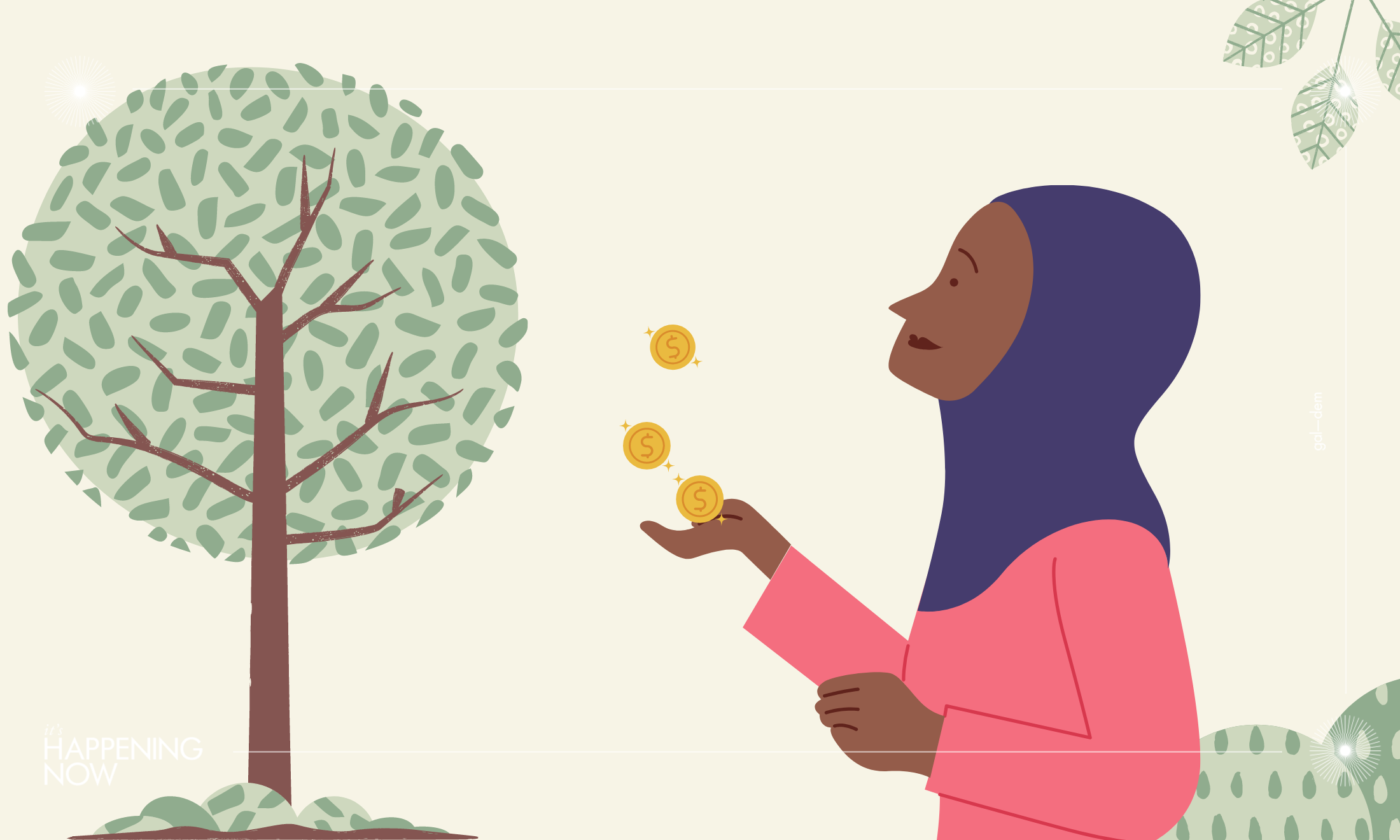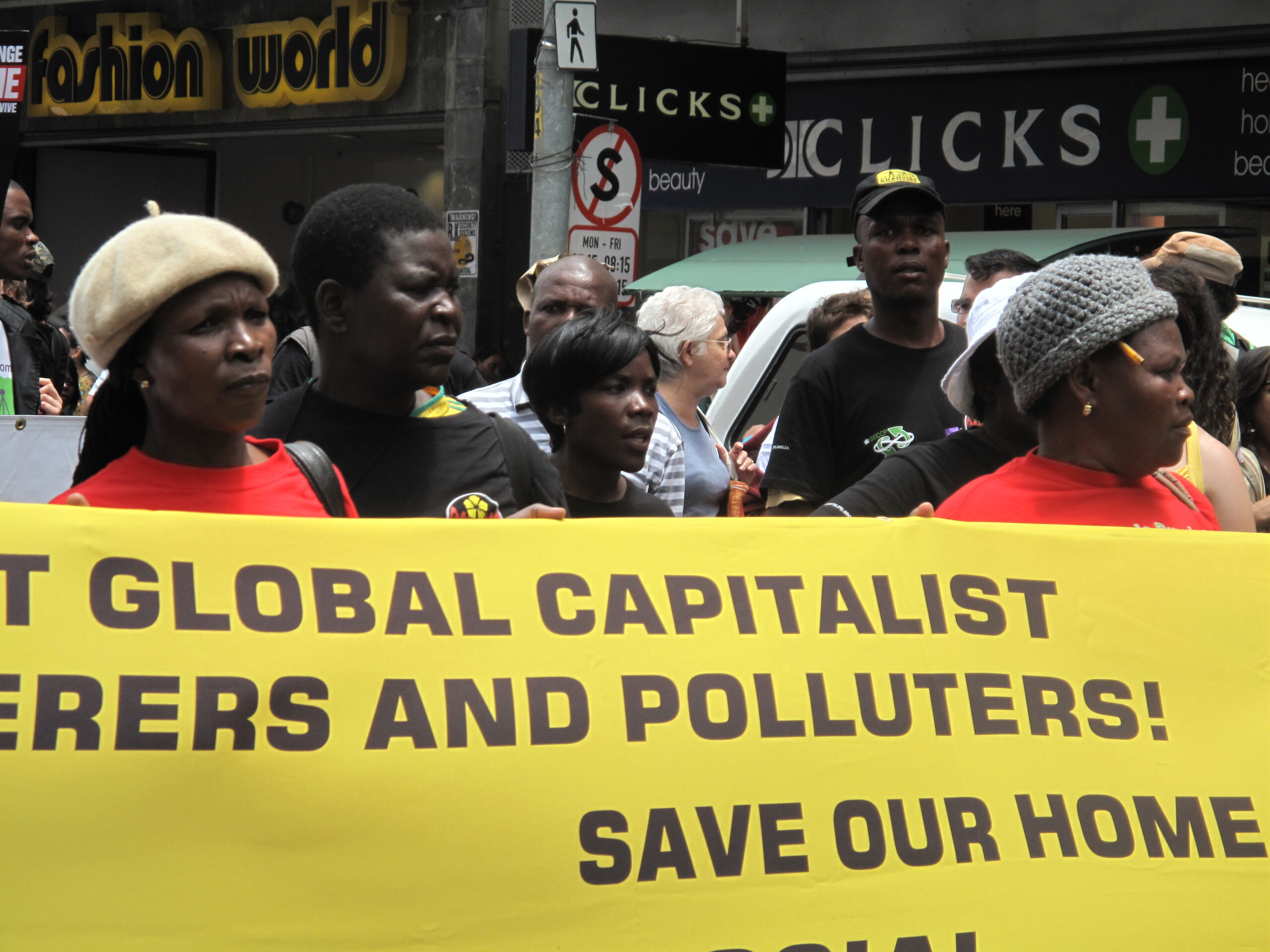
CIDSE - together for global justice
Meet the African women’s rights activists pushing for change at COP27
African activists are calling for the specific vulnerabilities of women and girls on the continent to take centre stage at COP27.
Ufrieda Ho
10 Nov 2022
This article by The Daily Maverick (South Africa) is published here as part of the global journalism collaboration Covering Climate Now.
When Kenyan activist Anne Songolo speaks about climate change, she’s referring to the woman standing knee-deep in her flooded home; it’s the woman walking longer distances to collect firewood; it’s the woman worried about what kind of future her children will have.
“Climate change is the lived reality of African women and this is the context that needs to be on the agenda at this Climate Summit. We are talking about things like the psycho-social burden… about the extra time women are spending taking care of their households, fetching water and firewood… it’s about the costs of unpaid care to raise children,” says Songolo, who represents Femnet, a pan-African network that works across 49 countries, including South Africa.
Songolo is also part of a coalition of African women gender advocates who are driving the agenda to put African women at the centre of COP27, underway in Sharm el-Sheikh, Egypt.
The Women and Gender Constituency is one of nine official United Nations Framework on Climate Change observer groups. In 2014, COP20 in Lima, Peru, created a programme on gender, but the vulnerability of African women in particular has not made it on to an official agenda.
Ahead of the high-level UN gathering in Egypt, the coalition of 150 feminist activists met in regions across the continent formulating a list of 27 demands to ensure the specific needs of African women and girls are heard.
The demands are underpinned by a call for equity, representation and financing to level the unequal burden that women face as the climate crisis deepens.
According to the Intergovernmental Panel on Climate Change (IPCC), Africa is warming faster than the global average and the IPCC report considers it very likely that all of Africa will continue to warm during the 21st century.
The greater variability in rainfall has led to more intense droughts and flooding, aggravating already disaster-prone areas. With rising temperatures, water stress will be amplified and agricultural systems, including smallholder farmers and food producers — the majority of whom are women — will come under more strain, says the coalition.
In addition, the United Nations estimates that 80% of climate refugees are women. The International Organisation of Migration’s 2021 statistics reveal that women constitute 53% of internally displaced people in the conflict-affected northeast of Nigeria.
And women are still locked out of decision-making processes. The coalition adds that the IPCC Sixth Assessment Report also joins the dots between the lingering impacts of colonialism as a driver of climate change on the continent.
“Such an acknowledgement gives credence to the calls for climate justice for the Global South and for the development and visioning of new systems that shift away from the oppression and exploitation of people and nature,” the coalition sets out in its objectives.
Songolo — who was part of a panel on the second day of COP27 raising the issue of a gendered lens to advance proceedings — adds that direct reparations, though the framing of the Loss and Damage, must materialise for women at a grassroots level.
“We don’t want to see things like insurance or loans that only add to Africa’s debt burden… we want to see money in the pockets of people, and we also want to see the data to show how this money flowed and where it went to,” she says.
She adds that even though Loss and Damage has made it on to this year’s COP agenda after 30 years, it comes with a two-year timeframe, which Songolo says cannot be exploited as an excuse to delay.
Sharing the panel with Songolo was Nada Elbohi of Rawsa, a network for women’s rights and access to safe abortion in the Middle East and North Africa.
Elbohi says an African COP in her home country cannot fail the next generation of women and must be “about putting our demands and solutions on the table, implementing financing mechanism and meaningful representation because, for the longest time, African girls have not been prioritised”.
Elbohi says local knowledge coming from the continent can also not be sidelined any further if the world is to find fresh solutions to pull back from the climate cliff.
“The knowledge and the skills we have in Africa are valuable and can be key to transform into truly effective solutions,” she says.
The official COP27 “Gender Day” takes place on 14 November. The session on African women’s vulnerability in the climate crisis calls for African women’s realities and experiences to be addressed, and for greater recognition and promotion of women’s contribution to climate change action.
It also sets a target for a renewed commitment to the training and education of African women and girls.
The contribution of our members is crucial. Their support enables us to be proudly independent, challenge the whitewashed media landscape and most importantly, platform the work of marginalised communities. To continue this mission, we need to grow gal-dem to 6,000 members – and we can only do this with your support.
As a member you will enjoy exclusive access to our gal-dem Discord channel and Culture Club, live chats with our editors, skill shares, discounts, events, newsletters and more! Support our community and become a member today from as little as £4.99 a month.


